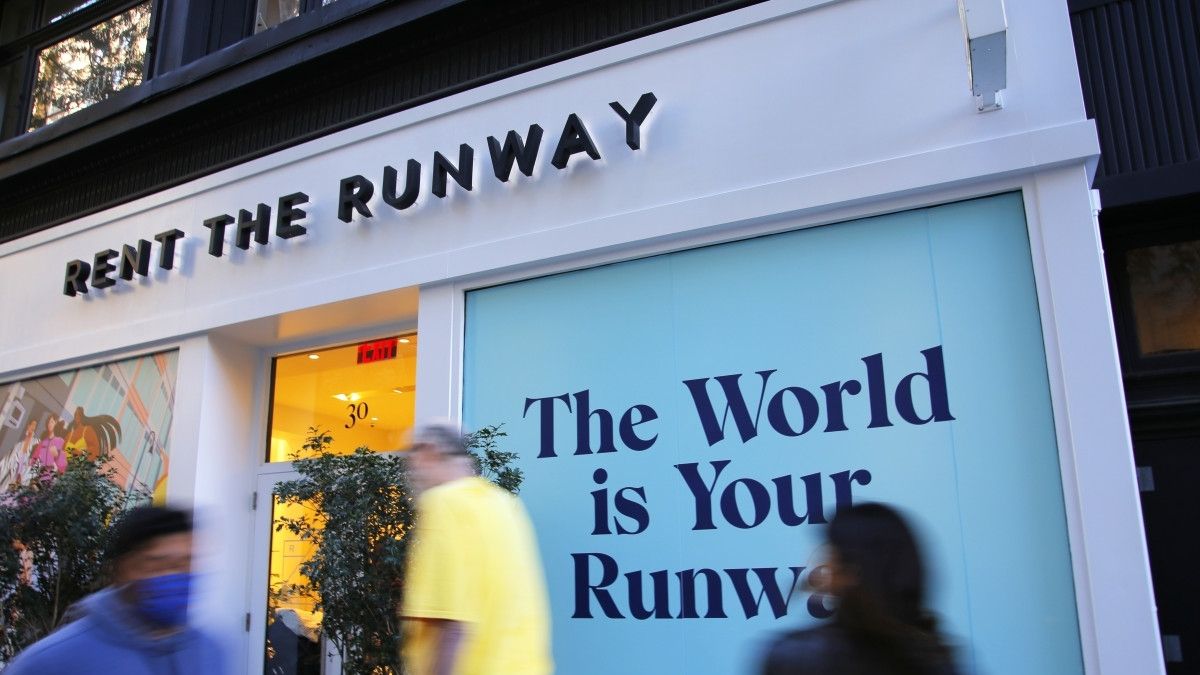
These are the stories making headlines in fashion on Tuesday. Fashion rental companies are betting big on 2024 as the year they prove the sustainability and profitability of their business models. Amidst a slow acceptance by consumers and luxury brands, this year could mark a turning point for companies like Rent the Runway and Nuuly. Rent the Runway, a fifteen-year-old pioneer in the fashion rental space, has its sights set on achieving profitability within the year, as stated by CEO Jennifer Hyman. Meanwhile, Nuuly, a newer entrant owned by Urban Outfitters, briefly tasted profitability last year, suggesting a potential shift in consumer attitudes away from fast fashion.
Fashion Rental’s Make-or-Break Year
As consumers increasingly reject fast fashion in favor of more sustainable options, fashion rental services are seeing a pivotal opportunity to capitalize on this trend. Rent the Runway and Nuuly, two major players in the rental fashion industry, are both aiming for profitability in 2024. Their success or failure could significantly influence the future of sustainable fashion and the rental model’s viability in the luxury market.
Rick Owens: Embracing the Freak Within
In a recent profile by The Wall Street Journal, cult fashion designer Rick Owens offers a rare glimpse into his life, from his fitness regimen to his appreciation for design knockoffs. Owens’s perspective on fashion as a means of self-expression and invention highlights his unique position in the industry. His openness about enjoying the sight of knockoffs of his designs underscores his inclusive approach to fashion.
Navigating the Beauty Market in China
The Chinese beauty market has posed challenges for international giants like Estée Lauder Companies and L’Oréal Group, which have reported sales declines. However, some domestic and leading foreign brands have managed to grow, employing strategies such as meaningful collaborations and tapping into current skincare trends. This adaptability hints at a potential recovery in beauty spending in China by 2024, offering lessons for brands looking to succeed in this complex market.
As the fashion and beauty industries navigate these developments, the implications for sustainability, market adaptability, and consumer behavior continue to unfold. The success of fashion rental companies in achieving profitability could herald a new era for sustainable fashion, while the beauty market in China offers insights into the importance of local adaptation and innovation. These stories not only highlight the current state of the fashion and beauty industries but also point to the evolving relationship between sustainability, consumer preferences, and market strategies.
